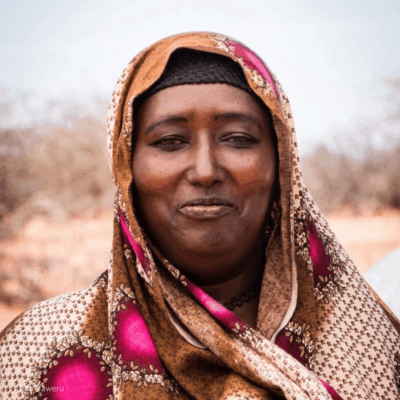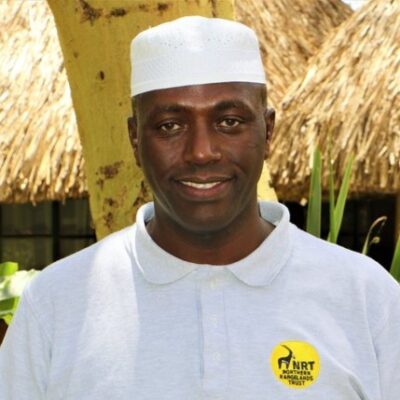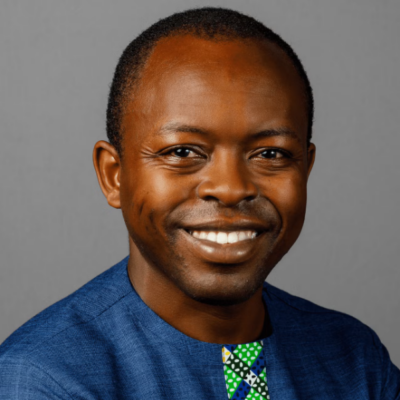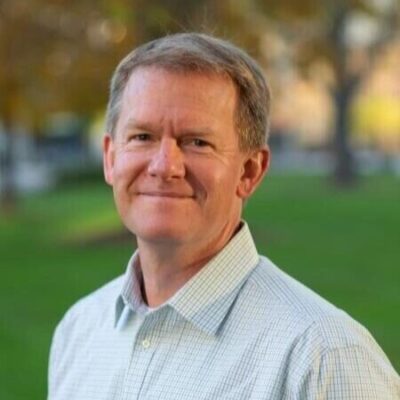Listeners:
Top listeners:
-
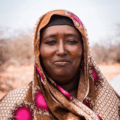 play_arrow
play_arrow
118 | Kenyan Herders Say Judgement Against Them Based on Forged Signatures / Continuation of Episode 117
-
 play_arrow
play_arrow
117 | Surviving Survival Internatinal, Part 1: Kenyan Elders Call Foul on International Media, NGOs
-
 play_arrow
play_arrow
116 | From Ticking Time Bomb to Demographic Dividend: James Mwangi and Kenya's Great Carbon Valley
-
 play_arrow
play_arrow
115 | Unpacking Donald Trump's Very Weird Environmental Orders
-
 play_arrow
play_arrow
114 | Michael Greene: Carbon Cowboy or Lone Ranger? Part 1
-
 play_arrow
play_arrow
113 | The Future of Environmental Finance: Strategies for Biodiversity and Climate Solutions, with David Hill and George Kelly
-
 play_arrow
play_arrow
112 | Fantasy Football and Dynamic Baselines: New Tools for Impact Assessment
-
 play_arrow
play_arrow
111 | The False Dichotomy Between Reductions and Removals (Rerun)
-
 play_arrow
play_arrow
110| Ecological Economics, Systems Thinking, and the Limits to Growth
-
 play_arrow
play_arrow
109 | How Brazil's Quilombola Communities are Planting the Seeds of Sustainability for Small Farms Around the World, with Vasco van Roosmalen of ReSeed
Transcript
More and more countries across the developing world are launching large-scale, climate-smart initiatives to transform the way local communities derive their livelihoods from forests and broader land use. A key component to the success of these programs is engaging the private sector to shift behavior toward sustainable business models.
The World Bank Group’s Forest Carbon Partnership Facility (FCPF) and the BioCarbon Fund Initiative for Sustainable Forest Landscapes (ISFL) have spent years working with private sector companies that produce, trade or buy commodities that play a role in driving deforestation or forest degradation. These funds have gained valuable insights into what has worked, and what more is required to bring about land use change in partnership with the private sector. Early lessons are captured in a new report entitled, Engaging the Private Sector in Results-Based Landscape Programs.
On the eve of the report’s launch, I caught up to Elly Baroudy, who coordinates both the FCPF and the ISFL, and Karin Kaechele, who acts as the point person for both funds Whain Mozambique and Ethiopia.
In this episode, we discuss the origin of these two critical funds and explore the role they can play in supporting sustainable agriculture in the years ahead.
Episodes
117 | Surviving Survival Internatinal, Part 1: Kenyan Elders Call Foul on International Media, NGOs
April 13, 2025
116 | From Ticking Time Bomb to Demographic Dividend: James Mwangi and Kenya’s Great Carbon Valley
February 25, 2025
115 | Unpacking Donald Trump’s Very Weird Environmental Orders
January 27, 2025
114 | Michael Greene: Carbon Cowboy or Lone Ranger? Part 1
December 6, 2024



